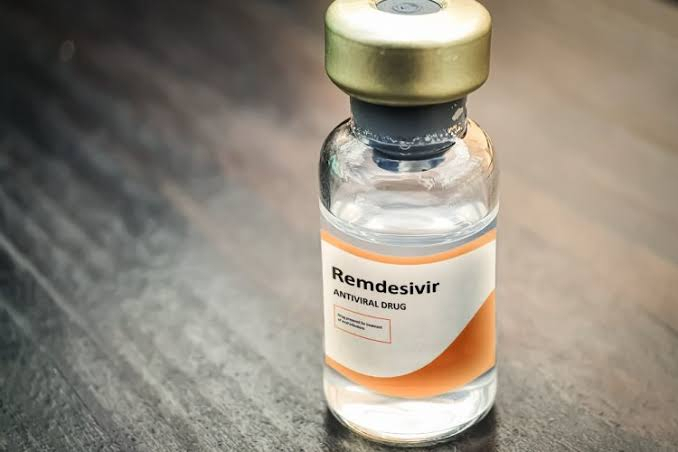Ever since the Coronavirus outbreak hit the world, international researchers have been searching for a cure and a new report revealed that the Coronavirus patients who are receiving an experimental drug called Remdesivir have been recovering quickly.
In a video conference, obtained by STAT News, it was revealed how the patients are responding to the medication. As per early reports among all the drugs claimed to be working against the Coronavirus, Remdesivir, developed by Gilead sciences could be the closest to commercial launch.
The drug has shown early promise in treating some Chinese COVID-19 patients and is proven safe for humans. In a press conference in China, Bruce Aylward, a WHO official said, "There's only one drug right now that we think may have real efficacy. And that's remdesivir."
A new revelation about Remdesivir
The participants in the Remdesivir clinical trial have all had severe respiratory symptoms and fever but as per the doctor leading the trial, the patients are able to leave the hospital after less than a week of treatment. An infectious disease specialist at the University of Chicago, Dr Kathleen Mullane who is leading the clinical trial said in the video that "the best news is that most of our patients have already been discharged, which is great. We've only had two patients perish."
It should be mentioned that there is no approved medicine or vaccine for the COVID-19, which can cause severe pneumonia and acute respiratory distress syndrome in some patients. But the National Institutes of Health is organizing the trials that include several drugs and other treatments, and Remdesivir is one of the experimental medications.
This drug was actually created to help the Ebola patients and showed a little success but later several studies in animals showed the drug could both prevent and treat coronaviruses, including SARS (Severe Acute Respiratory Syndrome) and MERS (Middle East Respiratory Syndrome).

Remdesivir use on COVID-19 patients
In February, the World Health Organization said that this medication has shown the potential to treat Coronavirus infected patients. In a video, where Mullane was reportedly discussing the clinical trial of remdesivir with her colleagues, she said, "Most of our patients are severe and most of them are leaving at six days, so that tells us the duration of therapy doesn't have to be 10 days."
However, the trial does not include what is known as the control group, so it will be difficult to confirm whether the drug is actually helping COVID-patients or not because, some participants do not receive the medication in a control group to determine whether it is the drug that is improving or affecting their health condition.
The trial of the drug has been undertaken in several healthcare centres. Gilead is sponsoring tests of the drug in 2,400 Coronavirus patients in 152 trial sites around the world and also testing the medication in 1,600 patients with moderate symptoms at 169 hospitals and clinics in several parts of the world. Gilead is expecting a result from the trial by the end of the month, reports CNN.
"We understand the urgent need for a COVID-19 treatment and the resulting interest in data on our investigational antiviral drug Remdesivir. The totality of the data needs to be analyzed in order to draw any conclusions from the trial. Anecdotal reports, while encouraging, do not provide the statistical power necessary to determine the safety and efficacy profile of Remdesivir as a treatment for COVID-19," the company informed CNN.
Use of Remdesivir as promising Coronavirus medication
A study, published in The New England Journal of Medicine, claimed that researchers have analyzed 53 COVID-19 patients who had been given Remdesivir and found that in 68 percent of them, doctors were able to reduce the amount of oxygen support needed. 17 of 30 patients who were on ventilators, finally showed improvements and were able to come off of the life support which is very unlikely.
As reported by the NBC News Dr Greg Poland from Mayo Clinic's Vaccine Research Group in Rochester, Minnesota said that "I would say it's an incremental and potentially positive piece of data in the journey to understand what antivirals are going to be the most helpful."









